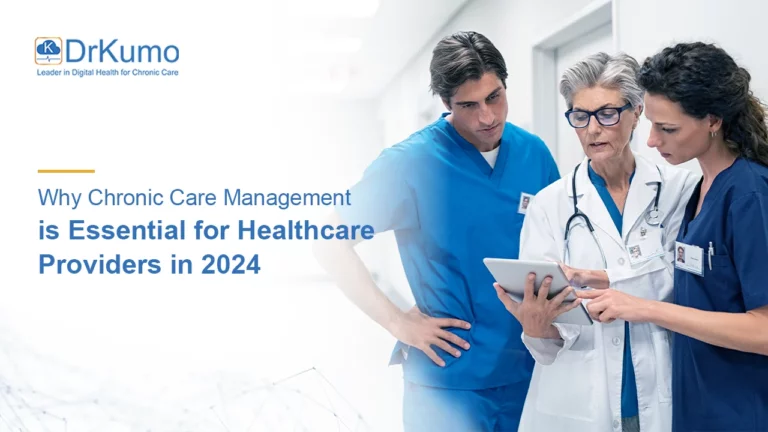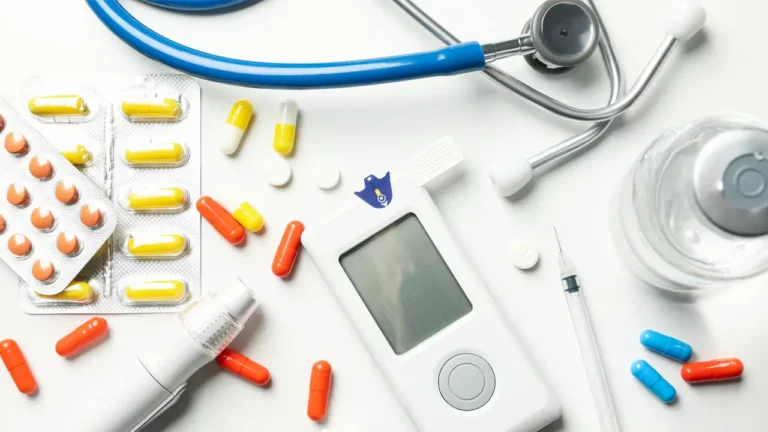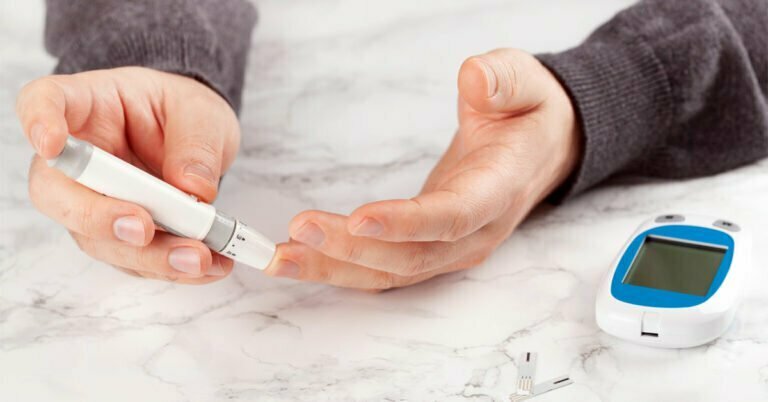There are a number of reasons why safeguarding the privacy, confidentiality, and security of health information is so important. Confidentiality, privacy, and security are three significant and related terms that are frequently used interchangeably when discussing health information protection in the United States healthcare system. Nonetheless, each of these ideas has an own underlying meaning and function.
Before we talk about their definitions, let us define Health Information: Any information concerning a person’s health or disability, as well as information regarding health services they have had or will receive, is considered health information. Health information is sensitive and personal, which is why you have the right to keep your health information private under the laws.
HIPAA and Patient Confidentiality Laws
Under the Health Insurance Portability and Accountability Act (HIPAA), your medical records and other health information that you share with healthcare professionals, facilities, and insurers are kept private. They can’t share it without your permission unless it’s for the safety and well-being of others. Patient privacy, confidentiality and security are the cornerstones of the American healthcare system.
HIPAA does the following:
- Allows millions of American employees and their families to transfer and keep their health insurance coverage when they change or lose jobs;
- Reduces fraud and abuse in the healthcare system;
- Mandates industry-wide medical information standards for electronic billing and other processes; and
- Mandates the protection and confidential handling of protected health information
The HIPAA Privacy regulation requires that healthcare providers and organizations, as well as their business associates, develop and follow procedures which guarantee the confidentiality and safety of protected health information (PHI) when it is transferred, received, managed or shared.
Confidentiality in Healthcare
Confidentiality in healthcare refers to the obligation of professionals who have access to patient records or communication to hold that information in confidence.
This professional obligation to keep health information confidential is supported in professional association codes of ethics, as can be seen in principle I of the American Health Information Management Association Code of Ethics, “Advocate, uphold, and defend the individual’s right to privacy and the doctrine of confidentiality in the use and disclosure of information” (AHIMA, 2011).
Privacy in Healthcare
In a healthcare setting, privacy refers to the distinct form of confidentiality, that is viewed as the right of the individual patient to be let alone and to make decisions about how personal information is shared. You have a legal right to privacy, and laws govern how health service providers collect and record information about your health, how they must store it, and when and how they use and share it. This also means that you can give any of your healthcare providers your consent to share your health data, for instance, when you change doctors and you want your new doctor to access your medical history. You have the legal right to obtain access to your medical records, as well.
Moreover, the federal HIPAA Privacy Rule establishes national standards for health information privacy protection and defines “protected health information.” The Privacy Rule’s main goal is to ensure that individuals’ health information is properly protected while allowing the flow of health information required to provide and promote high-quality health care and protect the public’s health and well-being. The Rule strikes a balance between allowing important uses of information and protecting the privacy of those seeking care and healing. Given the diversity of the healthcare marketplace, the Rule is intended to be flexible and comprehensive in order to cover the wide range of uses and disclosures that must be addressed.
Security in Healthcare
Security refers to the means used to protect the privacy of health information and to support professionals in keeping that information confidential. The concept of security has long been applied to paper-based health records; secured file cabinets are one example. As the use of electronic health record systems increased and the transmission of health data to support billing became the norm, the need for regulatory guidelines specific to electronic health information became clear.
The HIPAA Security Rule established the first national standards for health information security. The stated goal of the HIPAA Security Rule, which addresses technical and administrative safeguards, is to protect individually identifiable information in electronic form—a subset of information covered by the Privacy Rule—while allowing healthcare providers appropriate access to information and flexibility in technology adoption.
Reasons Patient Data Privacy, Security and Confidentiality are Important
Consider what would happen if the person you most trusted decided to reveal all of your secrets in public. You’re not likely to trust that person again. The concept of trust lies at the heart of your medical care, which is why these are all so crucial in the medical field.
The integrity of the health system relies on the protection of privacy and confidentiality because:
- Patients must have the freedom to determine who has access to their health information, except in specific limited circumstances.
- People may be hesitant to seek medical help if they are concerned that their information may be shared with others. This could have implications for future medical disease prevention, treatment, and research.
- Individuals who have tested positive for HIV/AIDS or other STIs, mental disorders and the like may face societal stigma and discrimination;
- In digital healthcare world, the availability of accurate health data to providers is critical to care delivery. If patients are reluctant to share information due to lack of trust, a disruption in access to that data can delay care; and
- Lastly, a health system with strong privacy protections will boost public trust.
Telehealth and Cybersecurity
Many of the challenges confronting health care delivery in the United States can be addressed by innovative Connected Health Technology. Connected health refers to a variety of care delivery models that use communications technologies (also known as telehealth and telemedicine) to assist patients in managing their conditions through improved self-care and to extend clinical care outside of traditional settings. Patient-centric personalized health interventions can be created using healthcare systems that combine patient-generated health information with objective data from medical devices and sensors. Although these new technologies promise to improve care quality, lower costs, and increase patient satisfaction, they also raise a number of ethical concerns.
Establishing best practices is the first step toward more secure telehealth. Because healthcare organizations have sensitive information, providers and the vendors they choose to work with must focus on core elements of data security and privacy through related tools and strategies such as:
1. Identity Authentication
Multi-factor authentication, or the requirement to sign in with two pieces of proof, is one of the most prevalent and has been shown to block 99.9% of all automated cyber-attacks. Aside from that, users must create strong, unique passwords for not only their telehealth platform accounts, but for all of their online logins and accounts.
2. HIPAA-compliant and Improved Telehealth / Telemedicine Platform
Choosing HIPAA-compliant vendor is important as they incorporate encryption and other precautions into their communications with patients under HIPAA rules. DrKumo, a remote patient monitoring company, is a good example. The software is designed in a secure environment and contain numerous ways of establishing secure connections between patients and providers.
3. Proper Patient Education
In telehealth, cybersecurity and patient data privacy also rely on the end-users. Most of the end-users are the elderly with chronic diseases or recovering from post-operation. Hackers continuously exploit these new vulnerabilities. Telehealth companies and healthcare providers should educate and support patients on how to protect their data.
Takeaway
There are numerous reasons why laws about confidentiality, privacy and security in health information are vital. Its goals include ensuring privacy and confidentiality, giving patients access to their medical records, and reducing fraud and improving data systems. Everything comes down to data security.
People’s trust in telehealth should not be undermined by concerns about the privacy and security of these systems. The advantages outweigh the disadvantages. However, in order for telehealth to deliver on its promises and live up to its potential, providers must embrace more stringent standards and minimize threats.
For a HIPAA-compliant Remote Patient Monitoring Company, visit DrKumo Inc.








